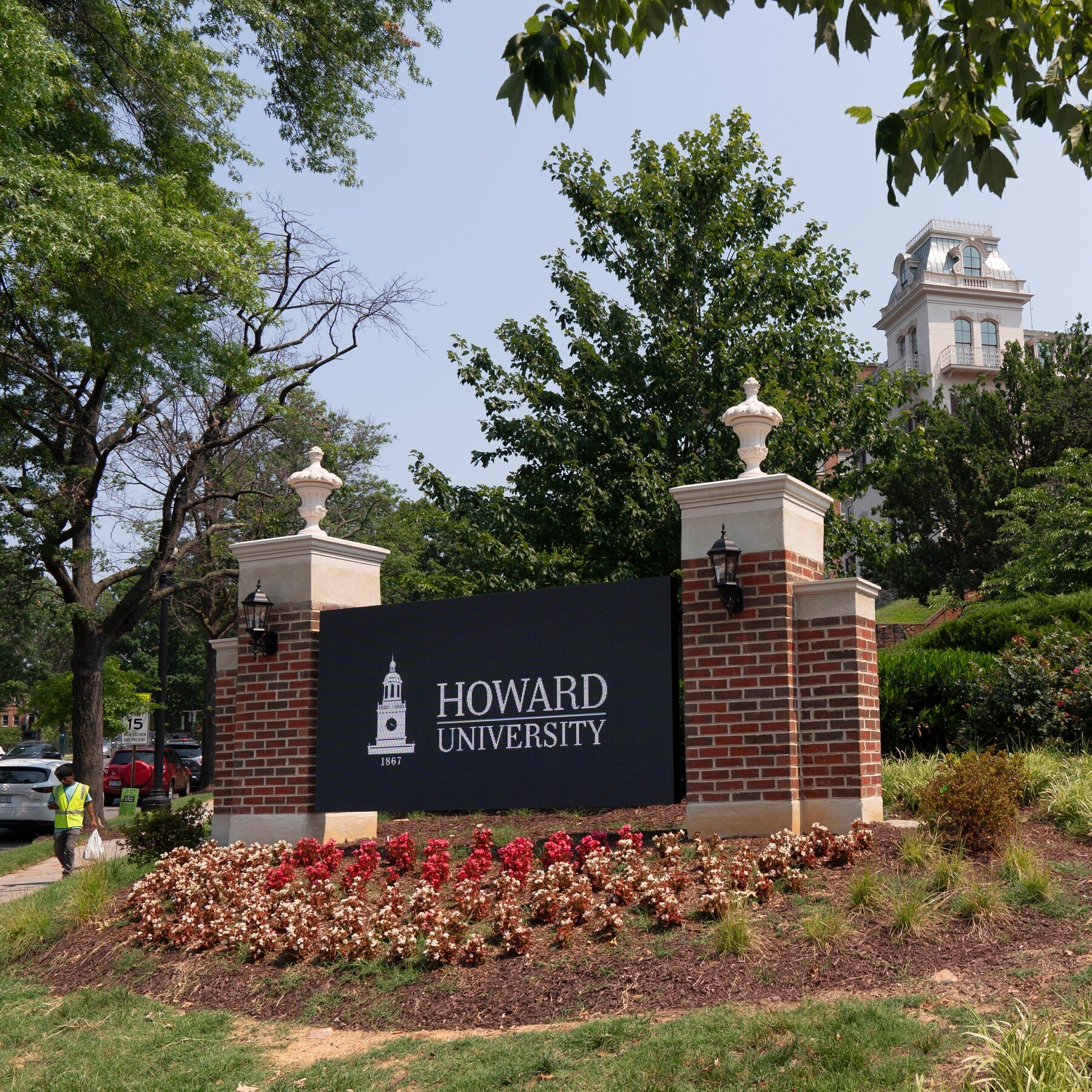Written By Jessica Moulite
During this year’s Black Maternal Health Week from April 11 – 17, Howard University professor and new mother Amy “Dr. A” Yeboah Quarkume, Ph.D., is considering how her ongoing research on environmental data bias has evolved to include a specific community: Black mothers.
“In Fall 2023, two topics that students were passionate about in our Black Women in America course that had about 200 students were Black maternal health and environmental justice. So thinking about how these things intersect was something that was of interest to me,” said Quarkume, an Africana Studies professor and graduate director of Howard University’s Center for Applied Data Science and Analytics (CADSA) program.
In the months since that semester, Quarkume and her “CORE Futures Lab” team , who range from Howard undergraduate and graduate researchers and high and middle school scholars, have expanded their multi-year convergence research project to center on Black birthing people’s experiences across economic status and exposure levels to environmental toxins.
“The CORES Future Lab is the definition of culture, tradition, and innovation. We are an intergenerational and interdisciplinary laboratory consisting of multiple cultural and educational backgrounds,” said Zoey Hall, a freshman computer science major from St. Louis, Mo. In addition to her work in the CORES Future Lab, Hall is also a member of seventh cohort of Howard University’s Karsh STEM Scholars.
Education, advocacy, and community-led action and engagement are vital in enacting the systemic change necessary to ensure that all mothers and babies have the opportunity to breathe clean air, drink pure water, and bring new life into a healthy, safe environment.
“As a Black mother, just thinking of my own experiences in childbirth and living and working in the DMV, I’m highly conscious about what I’m exposing myself to, my daughter to, and my family to when it comes to some many environmental issues,” Quarkume said.

